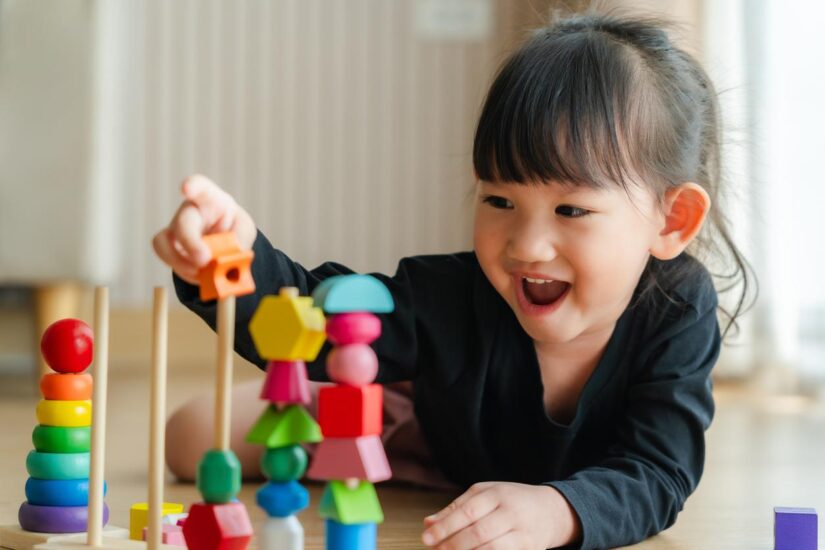Starting school is one of the biggest milestones in a child’s early years. It marks the beginning of new routines, fresh discoveries, and the foundations for a lifetime of learning. When children feel ready to take this step, they are more confident and open to the experiences ahead of them.
School readiness is about more than just academic skills; it’s about developing the confidence, resilience, and sense of belonging that help young learners thrive. By focusing on school readiness in the early years, you will create the best conditions for your child to flourish.
Here are some meaningful ways to help your young learner step confidently into school life.
Create Predictable Daily Rhythms
Children feel more secure when their days follow a familiar pattern. Consistent routines for meals, rest, and play create a sense of stability that mirrors the structure of school. Predictability helps reduce anxiety and supports smoother transitions into new environments. When children know what to expect, they are better able to focus, cooperate, and adapt. Establishing daily rhythms at home instils confidence and calm, making the move into the classroom a natural and positive step.
Nurture Independent Thinking
Giving children space to solve problems for themselves helps them build persistence and self-belief. Instead of stepping in too quickly, encourage them to experiment, make decisions, and test their ideas. This encourages creativity, flexible thinking, and resilience in the face of challenges. By developing independence, children learn to trust their abilities and feel capable of tackling new tasks. Promoting independent thinking allows young learners to approach school with curiosity and a strong sense of agency.
Learn Through Playful Exploration
Play is a child’s natural way of learning, offering countless opportunities to practise social, emotional, and cognitive skills. Through play, children negotiate, share, and express themselves, while also strengthening focus and imagination. Whether it’s role-play, building, or storytelling, these experiences spark joy while laying foundations for cooperation and problem-solving. Play also encourages creativity and flexibility, helping children adapt to different situations.
Build Bonds with the Natural World
Spending time outdoors enriches children’s development in ways that extend well beyond physical health. Nature invites curiosity, observation, and discovery, encouraging children to adapt to changing environments. Activities like climbing, noticing seasonal changes, or observing wildlife encourage resilience and patience. Time outside also promotes calmness and emotional balance, which supports wellbeing in new settings. A strong connection with the natural world nurtures confidence, wonder, and independence. These qualities help children embrace the structured experiences of school with openness and ease.
Develop Resilience Through Mindset
Encouraging children to see challenges as opportunities helps them grow more resilient and adaptable. When effort is celebrated and mistakes are viewed as stepping stones, children build confidence and persistence. This positive attitude reduces fear of failure and helps develop a lifelong love of learning. A growth mindset prepares them to handle new experiences without hesitation, focusing on progress rather than perfection.
How Tutor Doctor Can Promote School Readiness
We understand that every child’s learning journey is unique. Our role is to build confidence, resilience, and a love of discovery as young learners prepare for school.
By tailoring our approach to each child, we create an encouraging environment where they feel supported to grow at their own pace. We focus on building strong foundations, not only in academic skills but also in independence and self-belief, so children can step into school life ready to embrace new experiences.
Contact us for a free consultation.




